The D&D 5E rules have the easiest character creation process of any edition of the game, but it can take a lot of time, and pitfalls are waiting for those unfamiliar with its mechanics. Luckily, the 5E rules are being revised as part of the upcoming D&D update set to launch in 2024, with playtest material that’s already available to the public, showing the changes coming to character creation.
Related: D&D Reveals First Look At Upcoming Dungeon Master’s Guide
One D&D Breaks Classes Into Categories
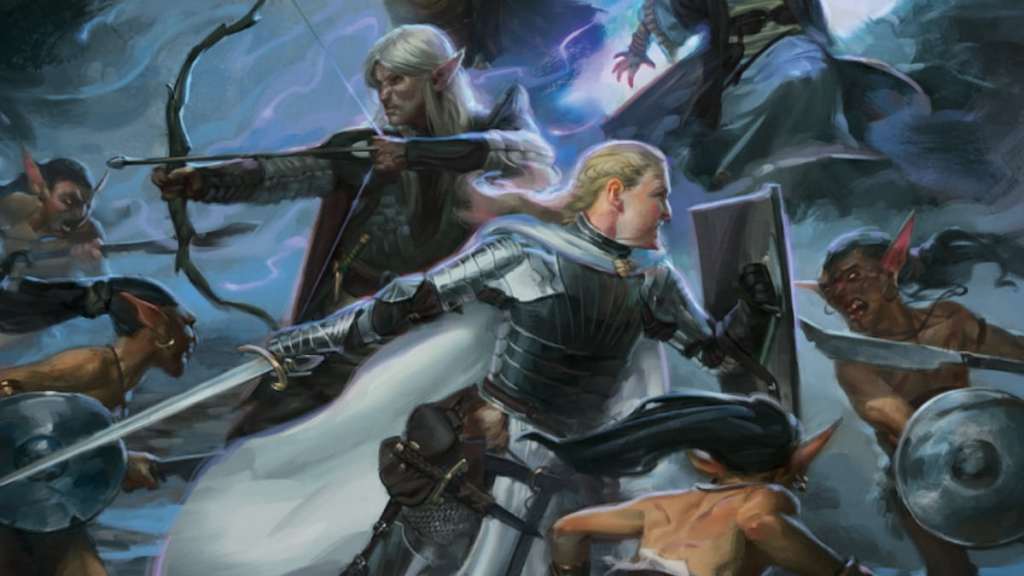
When it comes to D&D groups, there are specific roles that every party should have filled, depending on the number of players. If there are four players, you should have a Rogue, a meatshield (Barbarian, Fighter, Monk, Paladin, or Ranger), a healer (Bard, Cleric, or Druid), and an arcane caster (Sorcerer, Warlock, or Wizard). Once you add a fifth player, they should either be a meatshield or arcane caster, and a sixth player can be anything other than a Rogue.
These concepts aren’t set in stone within the D&D 5E rules. It’s actually a case of D&D inventing something in the past (the idea of a four-person party that fills different roles) becoming popularized in the world of video games, with MMOs and RPGs often using this same system. Then it comes back to the tabletop RPG. This means you rely on the group to know enough about game mechanics to create a balanced party.
The One D&D playtesting rules now codify this line of thinking. In the first playtest document, all classes were broken into three groups: Expert (Bards, Rangers, and Rogues), Mages (Sorcerers, Warlocks, and Wizards), Priests (Clerics, Druids, and Paladins), and Warriors (Barbarians, Fighters, and Monks.) Parties are now advised to have at least one member belonging to each of the four groups to ensure that they’re well-rounded regarding ability coverage.
One D&D Breaks Spells Into Groups
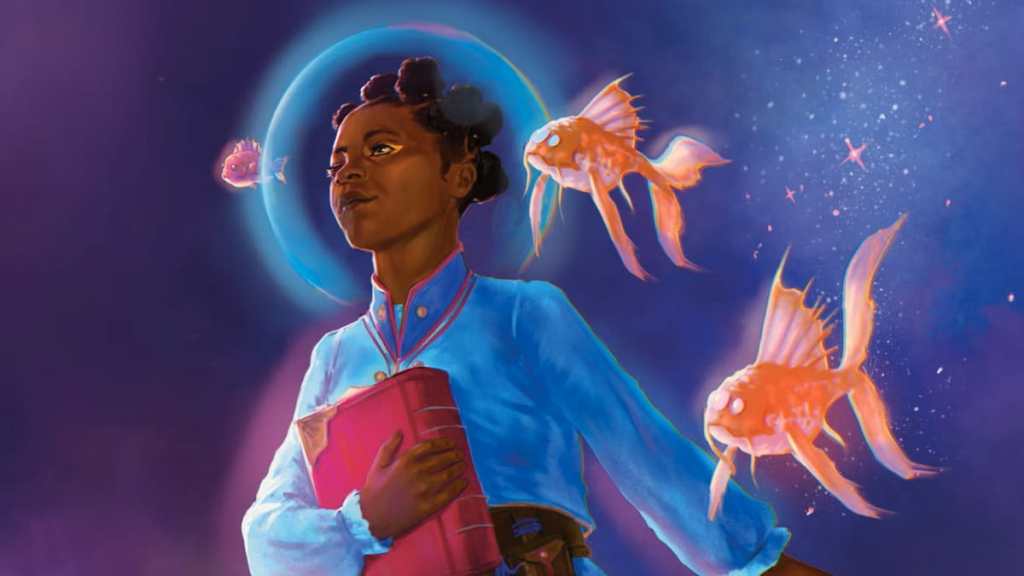
In the D&D 5E Player’s Handbook, each class has its own dedicated spell list, except for certain subclasses (like the Arcane Trickster and the Eldtrich Knight), which use existing spell lists. This means that the Bard, Cleric, Druid, Paladin, Ranger, Sorcerer, Warlock, and Wizard all have unique spell lists, with the spells themselves listing their levels and schools beneath their name.
In One D&D, spells are now broken into three categories: Arcane (used by the Mage classes and the Bard), Divine (used by the Cleric and Paladin), and Primal (used by the Druid and Ranger). Now, all classes share these lists, cutting down on redundancy in the text. This is another case of something that was often referred to outside of the game, becoming canon within the rules, as arcane and divine spellcasters were common terms for their respective classes.
However, this doesn’t mean that there are no longer any class-exclusive spells, as the One D&D guide for Sorcerers, Warlocks, and Wizards has proven. If a spell is unique to a specific class, such as Arcane Eruption for the Sorcerer or Hex for the Warlock, it’s listed as an exclusive within the description of the spell itself.
One D&D Offers Advice On Starting Spells

One of the most daunting tasks for a new player who wants their character to be a spellcaster is selecting their initial allotment of spells. The Player’s Handbook has many options for starting Cantrips and level-one spells, and the names might be misleading to someone unfamiliar with the game. The Shield spell, for example, might sound like it creates some invisible forcefield that blocks all attacks when it only grants a temporary Armor Class bonus.
The One D&D playtesting document now lists a starting selection of spells for characters to take if they can’t think of anything. The Druid, for example, mentions that the player has Cure Wounds, Druidcraft, Produce Flame, and Thunderwave as their starting spells, which is a great mixture that will be useful in many games. The player can also change this selection, should they desire, and switch it up in-game during a long rest.
Related: Dungeons & Dragons: New Player Guide To Fighters
Wizards of the Coast has confirmed that these spell selections will be making their way into the upcoming revised version of the Player’s Handbook that’s launching in 2024. It’s a great idea, and it will help new players get straight into the action while avoiding a bad spell selection that won’t help the party.

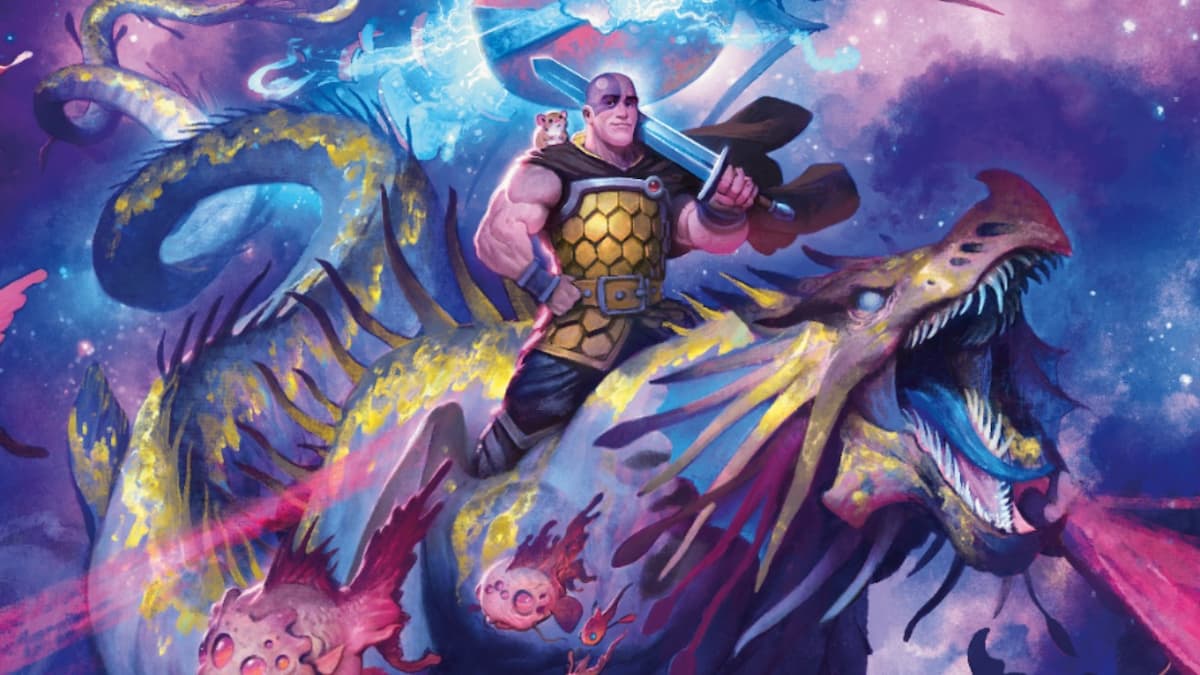

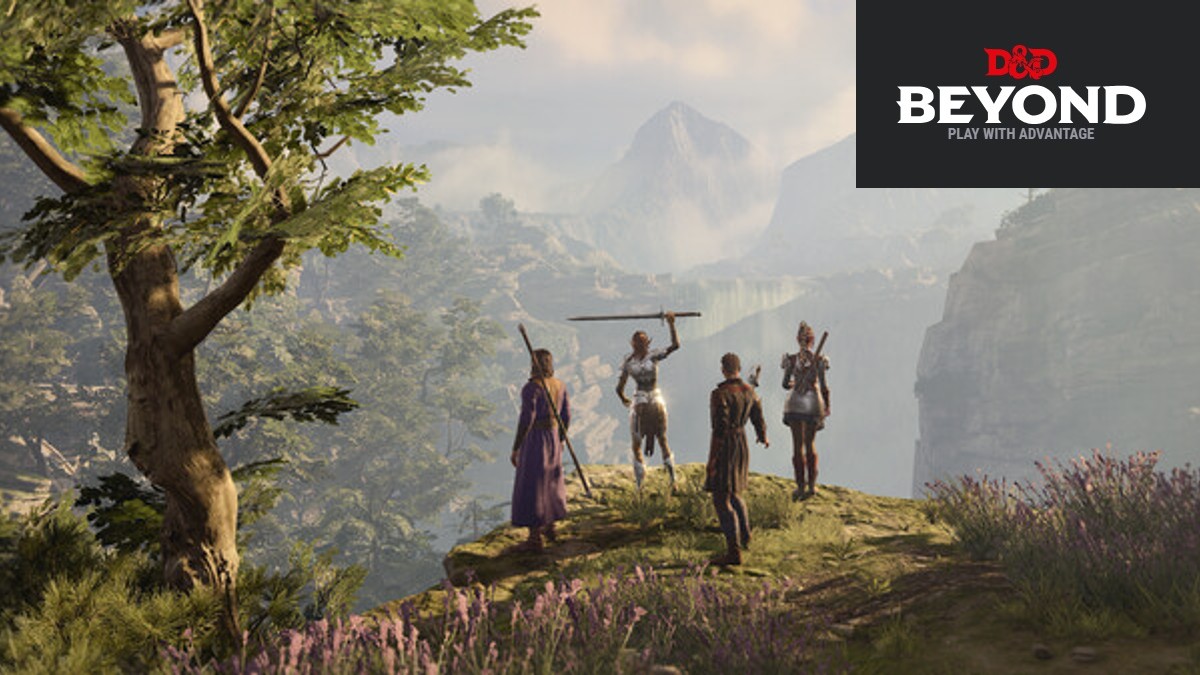
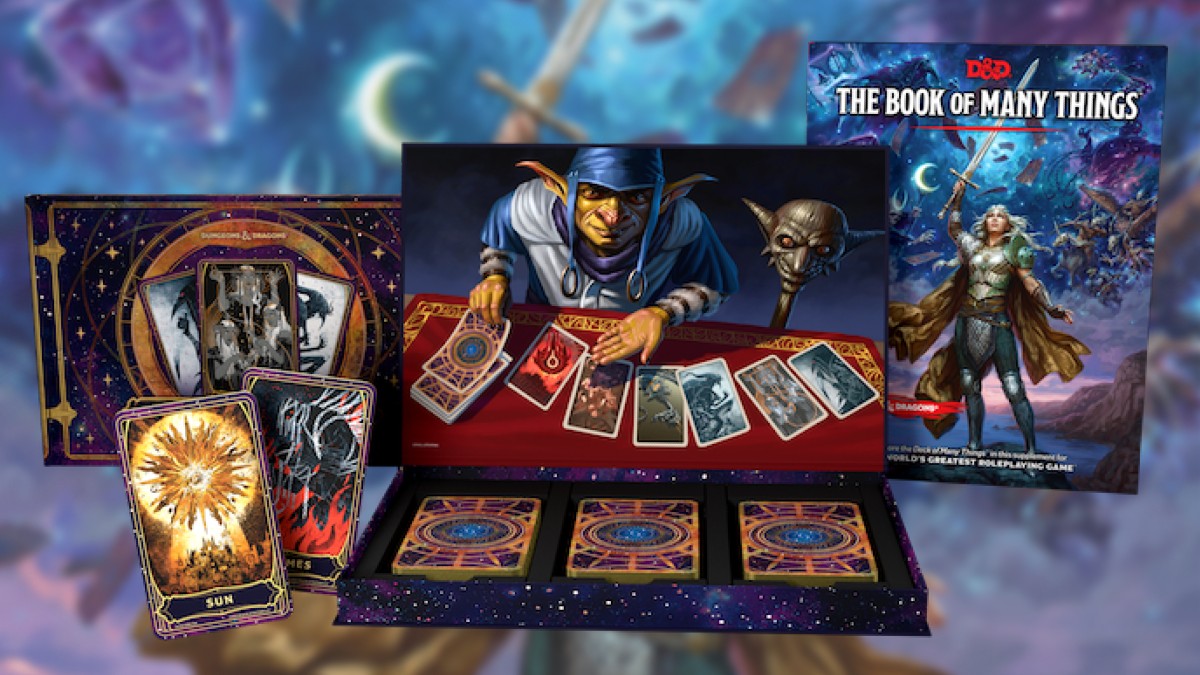
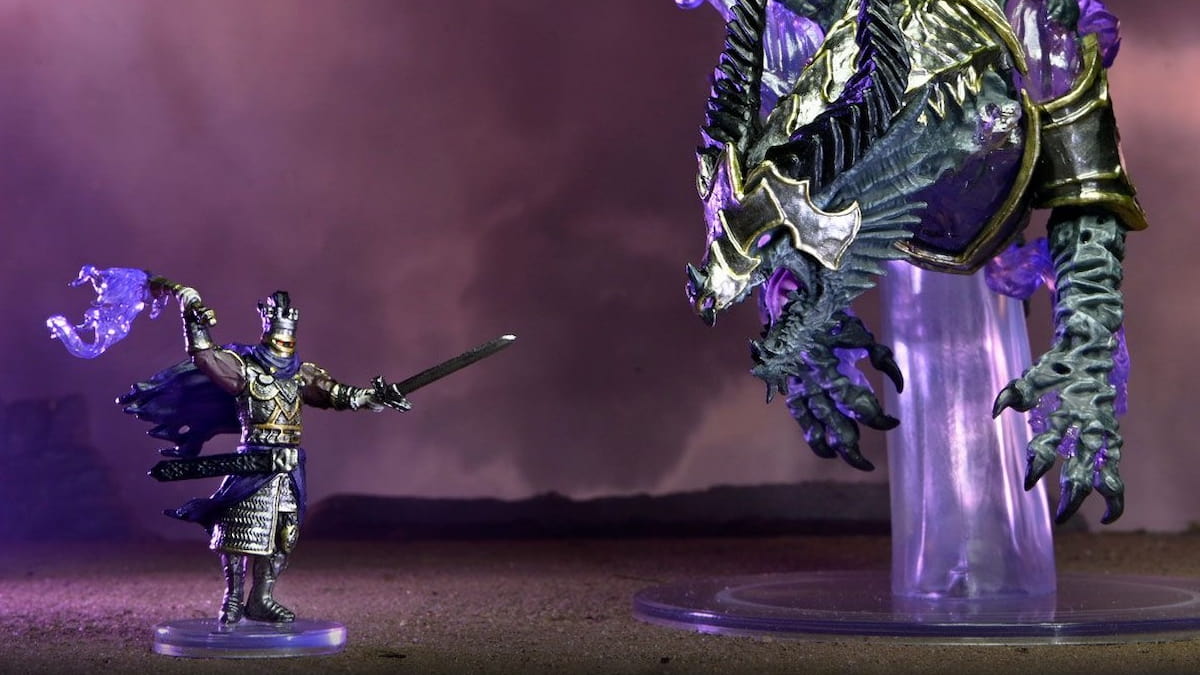
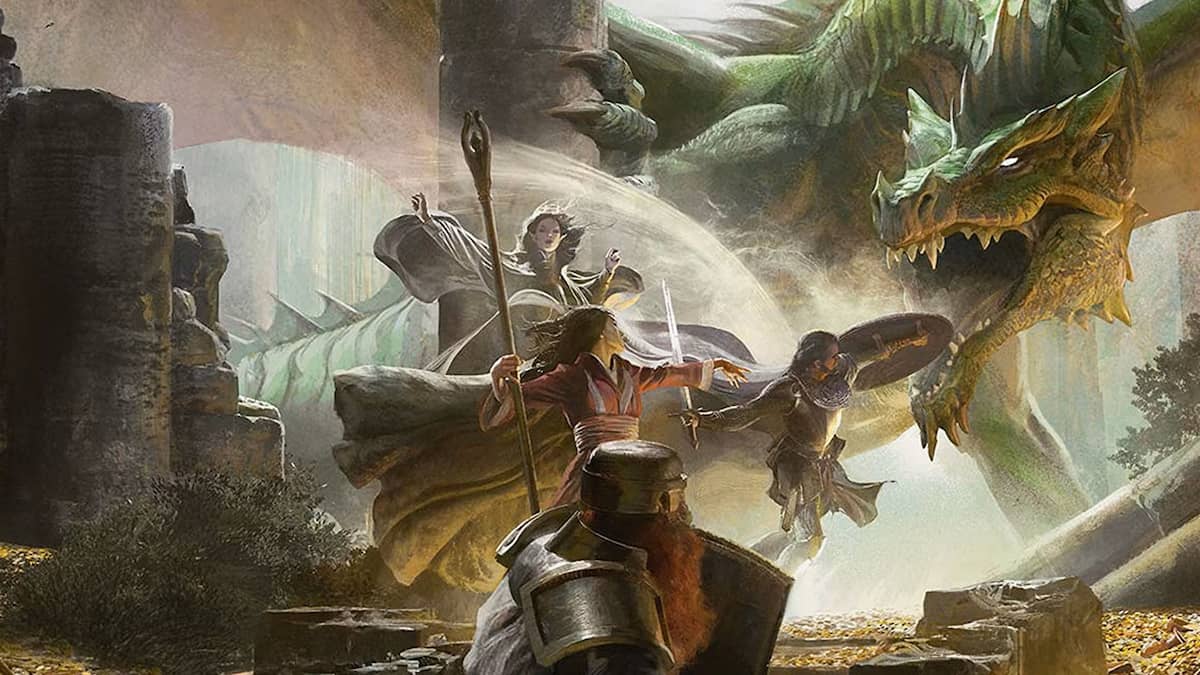
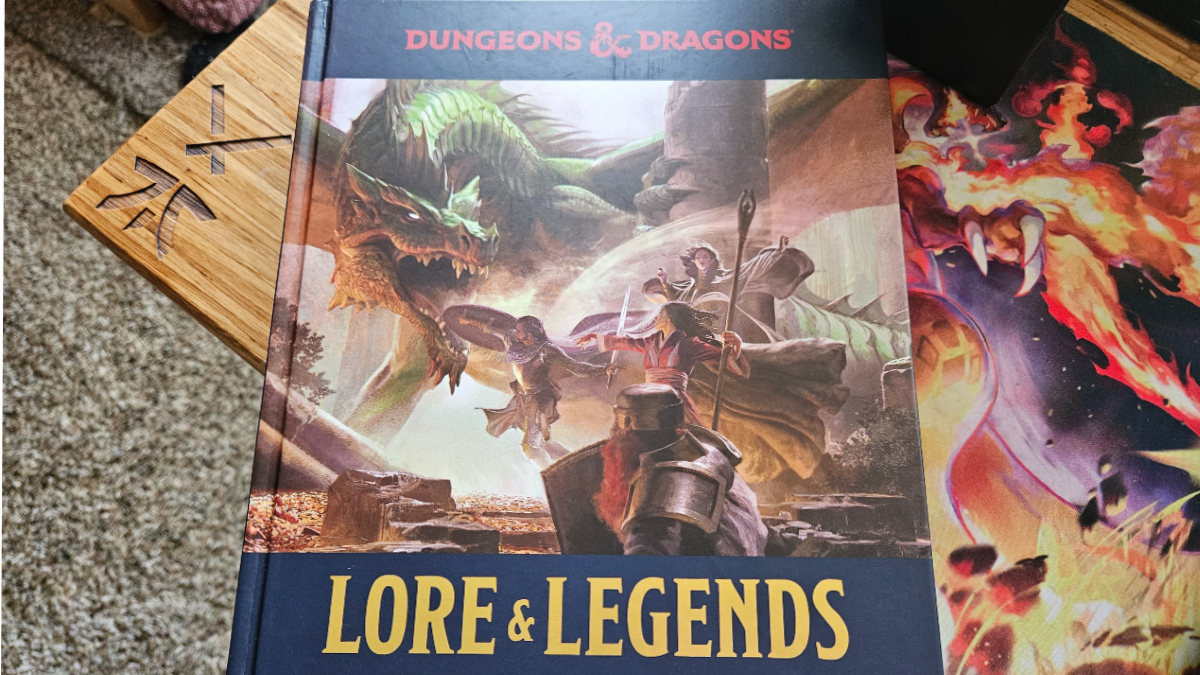
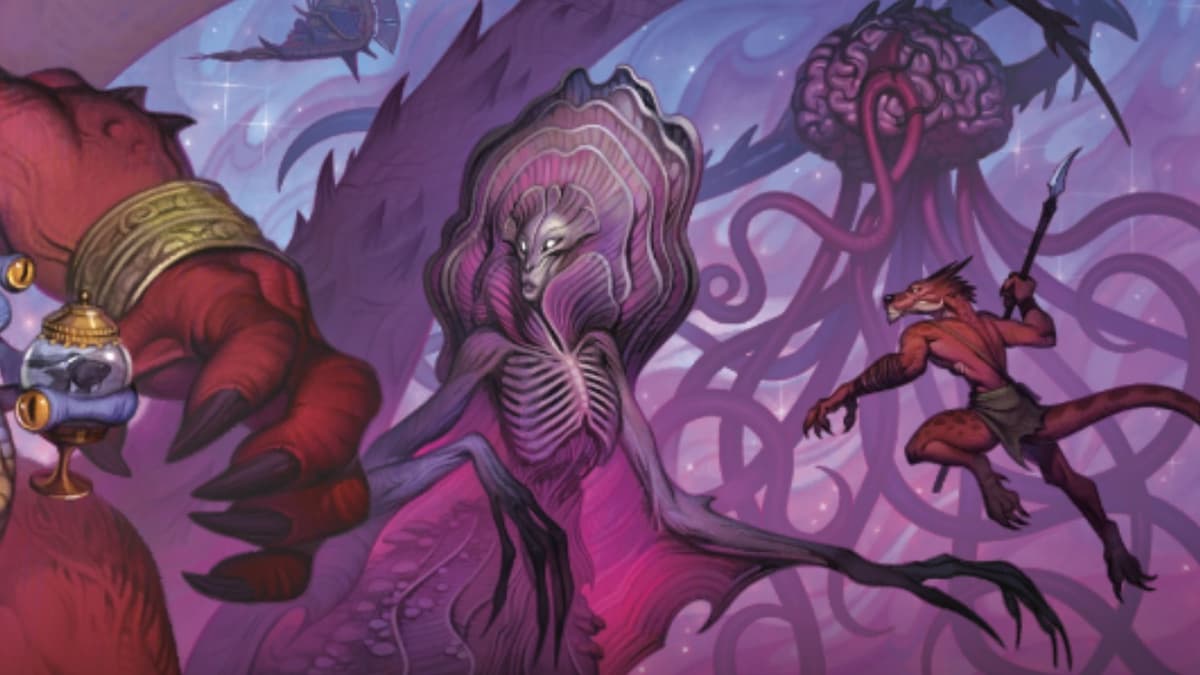
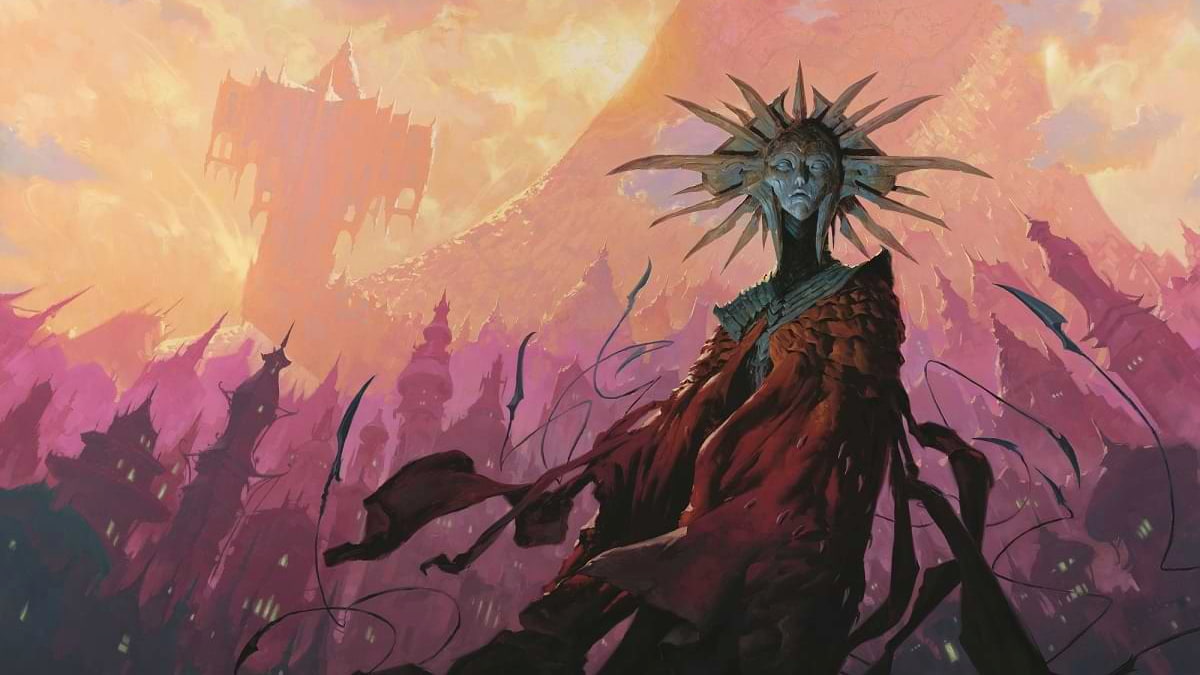
Published: May 30, 2023 11:46 am